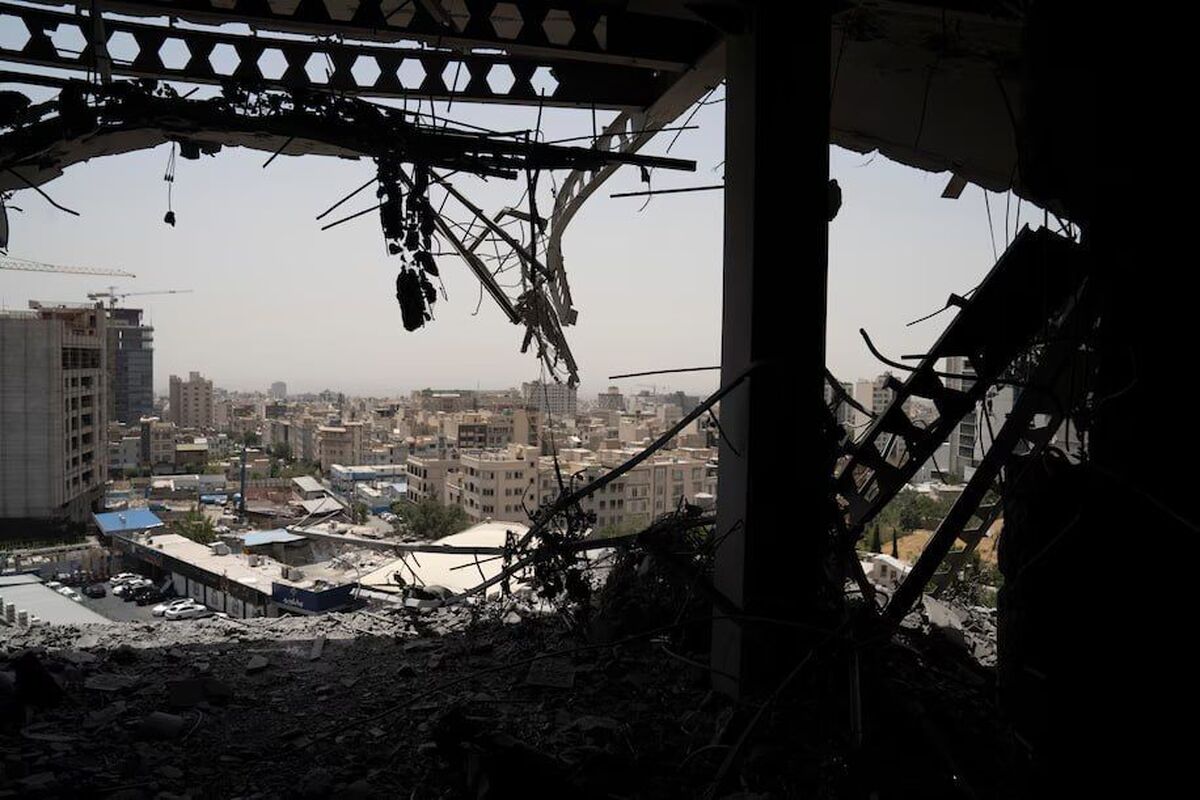Growing Arab skepticism toward Tel Aviv, hope in Tehran

The Washington Post wrote that Saudi Arabia, the United Arab Emirates, and other Persian Gulf states have in recent years sought closer relations with Iran in the hope of enhancing regional stability.
The article explains that Iran’s recent missile strike on the Al-Udeid U.S. base in Qatar — in response to an American air force attack on Iranian nuclear facilities — could have jeopardized years of Arabs’ attempts to mend relations with Tehran.
However, The Washington Post points out that Persian Gulf Arab countries responded to the Iranian strike only with harsh condemnations — and nothing more. This, the paper argues, shows how their warming ties with Iran have to some extent shielded them — and those relations may well continue.
This episode offers a clear picture of how Persian Gulf states have reassessed regional threats and strategies since Donald Trump’s first presidency, when fears of Iran pushed some Arab nations to normalize relations with Israel — and others to consider doing so. Now, as Trump pushes harder to establish ties between Tel Aviv and countries like Saudi Arabia, he faces a much-altered reality.
The article claims that the threat once perceived from Iran has diminished in the eyes of the Persian Gulf monarchies. Despite a history of rivalry, they have recently moved toward rapprochement with Iran, seeking not only security but also economic benefits.
At the same time, analysts say, some Persian Gulf states are increasingly cautious of Israel, especially after its military campaigns in Gaza, Lebanon, Syria, and elsewhere, which have led to Israel being viewed as a hostile and unpredictable regional actor.
Additionally, Israel’s war on Gaza and its opposition to the formation of a Palestinian state have complicated U.S. efforts to normalize ties between Israel and Saudi Arabia. Riyadh has repeatedly stated that normalization will not happen without meaningful progress toward Palestinian statehood.